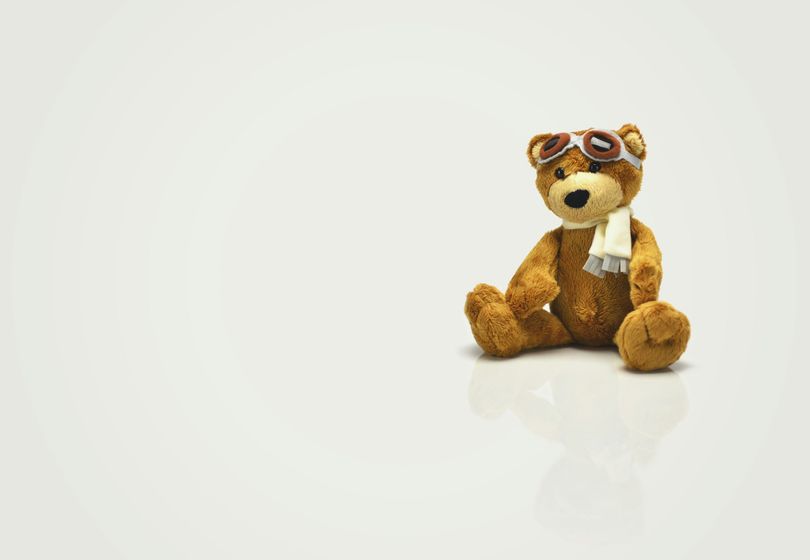
Toys play a crucial role in a child's development and growth. They not only provide entertainment but also help in enhancing various skills. However, selecting the perfect toy for a child can be challenging, considering the wide range of options available in the market. One important factor to consider when choosing a toy is the child's age. Each age group has varying needs and interests, making it essential to pick toys that align with their developmental stage.
Toy Selection Based on Age Categories
Infants (0-12 months): Babies in this age group are developing their senses and motor skills. It is crucial to choose toys that are safe for mouthing and free of small parts that could pose a choking hazard. Soft toys, rattles, and toys that make gentle sounds are ideal for stimulating their senses.
Toddlers (1-3 years): Toddlers are curious and active learners. Toys that promote physical activity, such as push toys and ride-on toys, are suitable for this age group. Additionally, building blocks, shape sorters, and simple puzzles can help enhance their cognitive skills.
Preschoolers (4-6 years): Preschoolers are developing their creativity and social skills. Arts and crafts supplies, pretend play toys, and board games are excellent choices for this age group. These toys encourage imagination and cooperative play.
School-Age Children (7-12 years): Older children have more refined motor skills and cognitive abilities. Educational toys, such as science kits, building sets, and STEM toys, are perfect for stimulating their curiosity and critical thinking skills. Sports equipment and strategy games can also be engaging for this age group.
Importance of Toy Safety
When selecting toys for children, safety should always be a top priority. Ensure that the toys are made of non-toxic materials and do not have any sharp edges or small parts that could be swallowed. Always check for age recommendations on the packaging to ensure that the toy is appropriate for the child's developmental stage.
Considering Child Development
Toys play a significant role in supporting a child's overall development. Choose toys that cater to the child's interests and abilities, while also challenging them to learn new skills. Educational toys that teach letters, numbers, shapes, and colors can be beneficial for early learning.
In conclusion, selecting the perfect toy for every age involves considering the child's developmental stage, interests, and safety. By choosing toys that align with these factors, parents can promote their child's growth and learning in a fun and engaging way.
